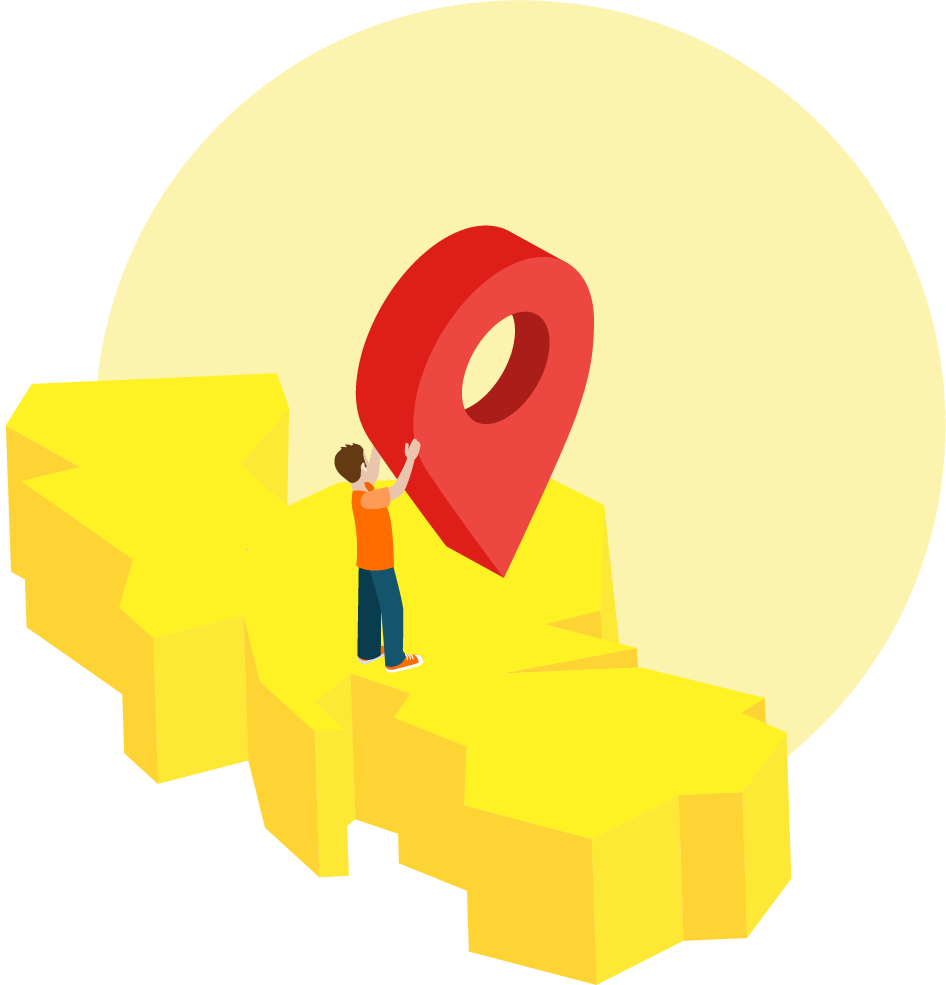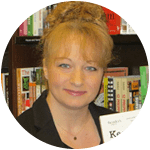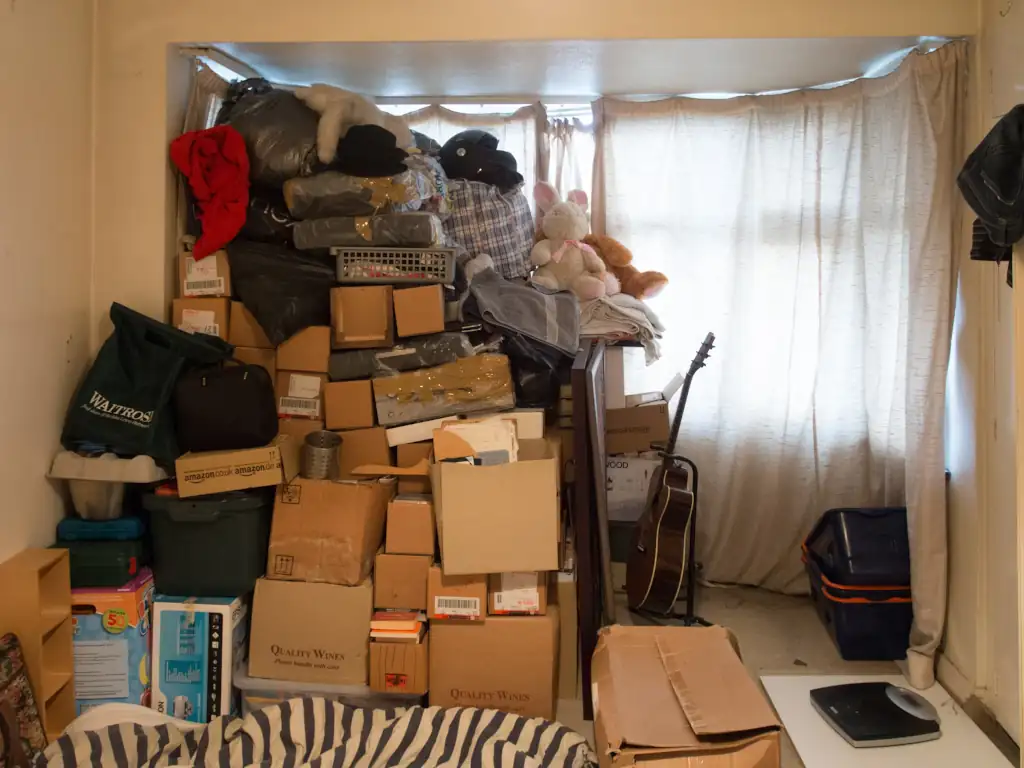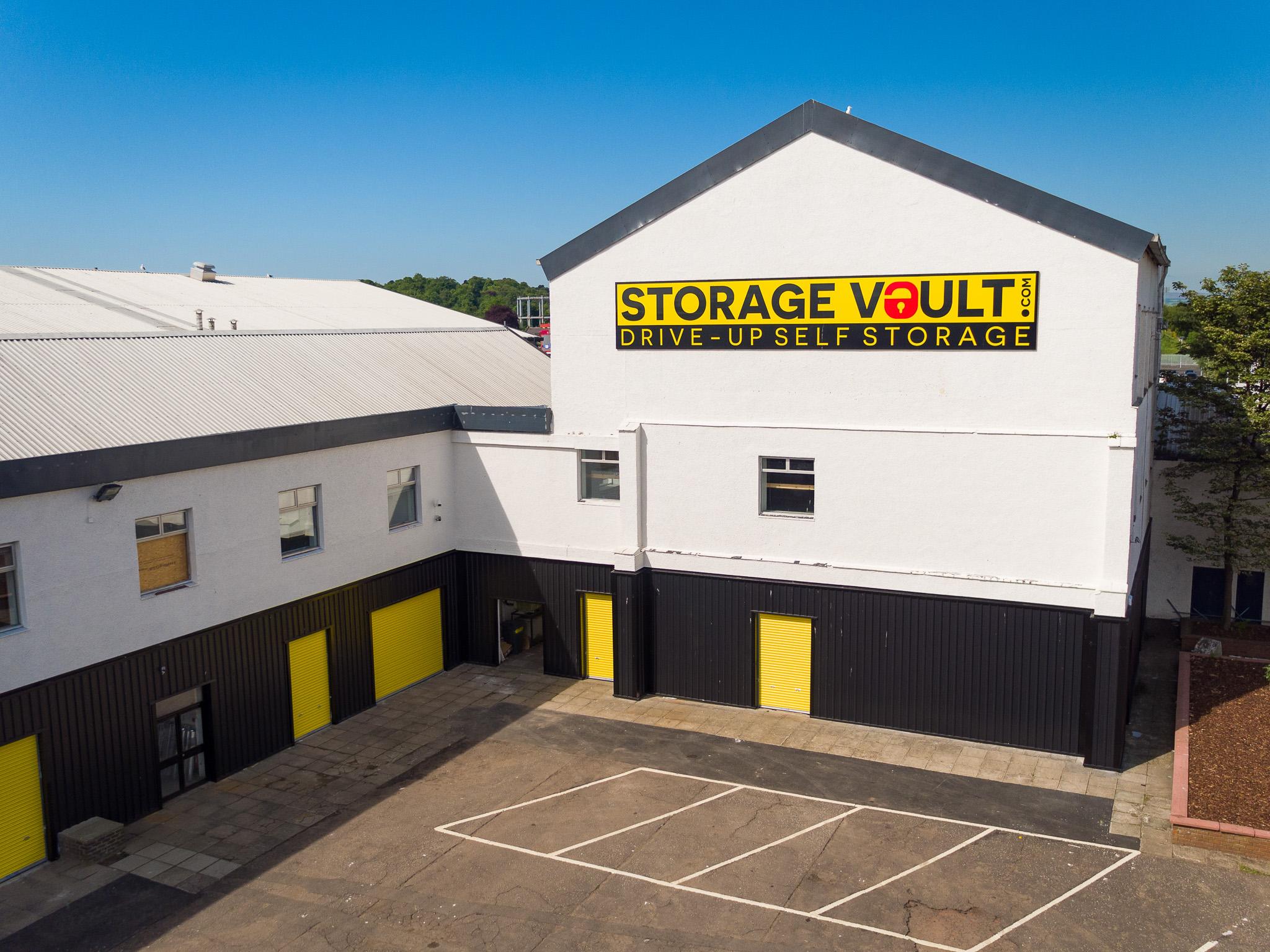8 Experts Reveal Their Top Productivity Tips

Facebook, coffees and constant push notifications. The modern workplace is so full of distractions that it can be hard to get anything done.
With dozens of businesses calling Storage Vault and Workspace home, we’ve picked up a lot of productivity tips ovrer the years. Whether it’s a mentality boost to get you through Wednesday or a methodology tweak to conquer large projects, we’ve heard it all and we’ve seen it work.
For this blog, we’ve asked our favourite productivity experts to share their tops tips for getting things done. This is what they said.
#1 Fight back against stress
Myriad studies have linked stress with psychological and physical disease and even death. There are two different types of stress: Acute and chronic.
Acute stress is any single traumatic event such as an accident, losing one’s job, divorce, etc. Although a challenge, we are often better at addressing acute stress than its sibling, chronic stress.
For most workers in our society, the bigger challenge is chronic stress; the constant demand from a full email inbox that never seems to diminish or files piling up on your desktop. Such stressors can put workers in a bad mood and be best understood from a perceived demand versus perceived resources perspective. If the perceived demand on our resources (time, energy, talents, etc) exceeds our perceived resources, we feel stress. If that demand continues for any length of time, it can push us into crisis. Once it continues long enough or exceeds our resources high enough, we can experience trauma.
The norm for workers in our present society has most of us working at full capacity and on the line where our perceived resources meets demand meet.
To keep from keep your bad mood in check, we need to fortify our resources regularly. So how do we fortify our resources?
Ways to fortify our resources include finding some work/leisure balance. Fritz Perls understood the need to recharge when he outlined his Gestalt Cycle with the stage of Withdrawal so many years ago. Many others from other disciplines recognize the benefit of balance and a need to relax and recharge.
Achieving balance can be different for each individual. Balance can be achieved by identifying activities that promote fortifying one’s resources: exercise, leisure activities such as the arts, time in nature, socialization with friends, and adventures such as visiting new places or trying new activities. Although varying in detail, they have things in common such as withdrawal from work, a focus on other things and pleasure.
If we are going to remain productive, we really need to encourage more work/leisure balance. If we continue to push ourselves and our workforce with chronic high demand, we will have a chronically ill workforce.
#2 Work in concentrated bursts
Typically the majority of our time during the day is spent bouncing from project to project, connecting with colleagues and co-workers, answering emails on the phone, and generally getting distracted and interrupted.
This leaves little time to move longer-term projects along and they are left on the back burner until the last minute. A lot of us don’t like to start a project unless we know we have the time to finish it , but we don’t often have a large block of uninterrupted time.
You can be more productive by blocking off a short window of time removing distractions and interruptions before all the other tasks of the day get in the way.
#3 Take restful breaks
Taking conscious breaks a couple times during the day has been proven to allow the brain to reset so we can do better, higher quality, faster work.
We mistake effort for accomplishment.
We eat at our desks instead of enjoying our food. We plow through work just “getting it done” instead of being really focused and present.
Too many of us think that working more, working longer, working without breaks is a sign of commitment, perseverance, and a badge of honor. Continuing to work when your brain and body need a rest is counter-productive to achieving your goals.
Daydream, listen to a song, talk a walk outside. Social media and texting aren’t breaks. Knowing when to walk away to refresh the brain, the body, the spirit, and our thoughts and emotions, is the smart move for doing high quality and accurate work – whatever that work is.
I once saw a quote that said: “I own a business; it doesn’t own me.”
I’ve been mindful of that ever since and strive to ensure that I am taking care of me so I can so I can be my B.E.S.T. self: Body, Emotion, Spirit, Thought. Those are the four domains of resilience and conscious choice.
We are either in the driver’s seat or those things are. We are either conscious of and cultivating those domains or they may be driving our choices in ways that aren’t serving us. Take time to tune it, to care for you, to put your oxygen mask on first. Take a nap, take a shower, step away and come back to whatever your stuck on or exhausted from. You’ll be glad you did.
#4 Label and prioritise tasks
There are a number of things that have been shown to have an impact on office productivity and employee performance. Some of these are more obvious, while others are a little unusual, but nevertheless effective. I always recommend that leaders and HR teams keep up-to-date with relevant studies, as the smallest change can make all the difference when it comes to organisational success.
The value of regular and organic workplace discussion and communication should not be underplayed. One study demonstrates that regular discussion can increase productivity by an impressive 10%. Watercooler discussions and interaction can equally be linked to employee engagement.
Coffee lovers will be enthused to know that free office coffee can be a great way to improve productivity, as studies have shown that coffee can help improve employee concentration and memory, as well as reduce error rates. Another poll states that 46% of employees feel less productive without coffee.
One important thing to remember is the beneficial impact of a well-deserved holiday. Studies have shown that employees are more efficient and productive when they return. One source claims that a holiday can improve performance by as much as 8%, and employees state that they feel 40% more productive after a holiday. For this reason, employees should be urged to make full use of their annual leave.
Another unusual productivity fact is the reality that certain colours, specifically yellow, have been known to increase energy and spur performance. For this reason, it might be worth adding more yellow to your office.
#5 Fuel yourself correctly
It’s hard to boost your productivity when you just don’t have enough energy. As a consultant to Johnson & Johnson Human Performance Institute, I work with C-suite executives who have achieved great success in their career, at the expense of their health and happiness. In my keynote presentation, Reboot Your Energy (and my book, Reboot), I encourage people to make small changes in the way they eat, think, move, and sleep.
I could give you tips on each of the areas, but since I’m a PhD nutritionist and registered dietitian, let me start with how food is our fuel.
Hey, look up “calories” in the dictionary – they are a “measurement of energy.” I read more than 1,600 medical research articles in the writing of the book and have these tips:
- Always eat breakfast. Our cars run on gasoline, we run on food. If we ran on 100% fat, most of us have no problems if went for long periods without food. But, we don’t. About 50% of our fuel must come from a carbohydrate called glucose. Our brain and red bloods require glucose. If we don’t eat carbohydrates, the body breaks down protein and turns it into glucose.
- Eat three square meals. Some people (normal weight, active individuals) perform best by eating every few hours, but most of us need just three square meals a day. Not a tiny breakfast, small lunch, and a huge dinner. Proper energy requires a more even distribution of fuel throughout the day.
- Eat 20-35g protein at every meal. Protein is not just for building stronger muscles. It helps to even out our energy and keep us full between meals. A piece of meat (beef, chicken, fish etc) the size of the palm of our hand is adequate, though there are plenty of other non-meat protein sources.
- Stay hydrated. Even just 1-2% dehydration can negatively affect our energy and mood so drink water throughout the day.
- Consider your caffeine. Energy comes from calorie-containing foods. Caffeine has no calories so it can’t give us energy. It’s a stimulant drug. While it can help increase attention and focus, it won’t give us energy. How much is needed? Research suggests that we need just 50-100mg at one time. A Venti cup has over 400mg. In most cases we’d perform better with smaller cups throughout the day, rather than one big java.
#6 Cut out pop-up notifications
Do you really need a notification to tell you that you have email? Let me end the suspense for you: you have mail!
In all seriousness, it’s safe to assume that any time of any day, we have email. And that mail is mostly work, so it must be attended to.
However, it’s also important to get other important tasks done. And if you try to do them with your email open and downloading, it means you will be distracted by that new message every 30-120 seconds (the interval most servers are set to check for mail), and even if you glance at it but then choose to ignore it, that’s still a distraction.
Studies show that distraction, even just a quick glance, can double your error rate. Doing other tasks while being distracted by the new email that’s downloading means that you’re really task-switching instead of focusing. Task-switching is what we think of as “multitasking,” and that’s why we make mistakes, and also the task we’re doing while being distracted by email will not only be more prone to error but it will also take longer.
Focused, single-tasking is the best way to get your work done faster and better. In between doing these other tasks is the best time to check email, not during.
And when you can dedicate a stretch of time to actually deal with your messages (I’d suggest 2-4 times per day, but only when you can clear 30-60 minutes to actually deal with those messages.
#7 Schedule Everything
a planner. It doesn’t matter if the planner is paper or electronic. The one you use is the right one for you. Recording appointments and tasks makes time concrete and gives you control over your work day. Record everything, both small and large. Include meetings, standing appointments, project due dates, progress deadlines (to keep projects on track, e.g. have an outline for a report due on 12/15 done by 11/15), time for lunch (essential – the brain needs to take a periodic break and renew itself), time to check email and return phone calls (estimate the amount of time you think you need for this and then double it), and office hours – time when you can be disturbed by colleagues and time when you can’t. Block off time to prepare for an activity, the time it takes to do the activity, and time for transitioning to the next activity.
Color code as much as possible. Example: use red for meetings and project due dates, blue for email and phone calls, green for office hours, or whatever works for you.
Color code other things as well, so it’s easy to see at a glance what belongs in what category. Since I’m “old,” I like my paper-based systems. In my own business, I use different color folders for each work category – teal for clients, purple for marketing, green for business development, and more.
One minute of planning saves 10 minutes of doing. Before leaving for the day, set yourself up for success tomorrow. Review what you did today and tie up loose ends, check tomorrow’s schedule and block off time to advance projects in progress, and organize your work space. Coming in to a fresh, neat space, with everything in place so you know where to find what you need when you need it, allows you to be focused, creative, and productive.
#8 Track Your Time
One tweak is to put a dot at the top right-hand corner of every piece of paper that you handle. Or if an email or a document, put a number in the header for each time you open it and review. When you get into double digits, it makes you sit up and notice and get that particular task done!
BONUS TIP Keep a Clean Workspace
Fraser has an exciting and varied background, having founded student travel start-up iSpye and worked with world renown architects Honeyman Jack and Robertson. Fraser graduated in 2014 from the University of Strathclyde with First Class Honours in Architectural Studies with International Study and joined Storage Vault shortly after.
No one works better in mess. Surrounding yourself with reams of files, stacks of archive boxes and rows of half-drank coffees does absolutely nothing but suck the energy out of you.
Start by ruthlessly cleaning your workspace. Get rid of all the stuff you don’t need. Extra pens, spare notepads, replacement batteries. It’s all just clutter. Once you’ve got a blank canvas, start adding back in the essentials.
Now, I understand that sometimes workspaces get cluttered because that’s the only space people have to store things. Well, that’s where we come in.
At all of our facilities, we offer high-quality warehouse and office space to space-savvy businesses. If you require a little extra storage space or a pristine co-working space, call our team on 0141 887 1000 or drop us an email.
Get in touch














